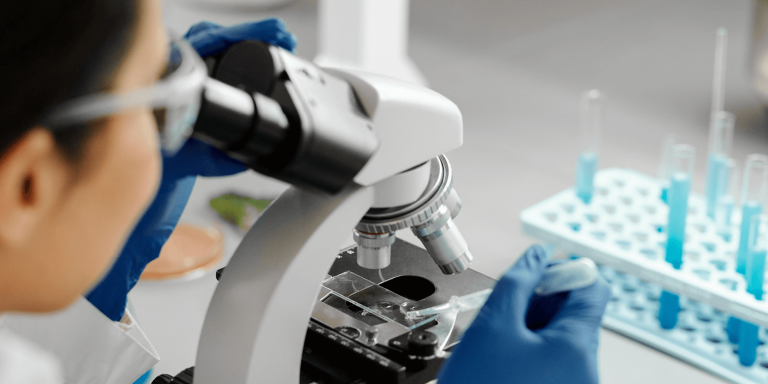
The National Institutes of Health (NIH), the U.S. medical research agency within the Department of Health and Human Services, announced in early September, the launch of Bridge2AI. This NIH Common Fund program aims to facilitate the widespread adoption of AI by generating new flagship datasets and best practices through the collection and preparation of ethical AI/ML-ready data to address grand challenges in biomedical and behavioral research.
NIH’s history began in 1887 with the creation of a one-room hygiene laboratory at the Staten Island Marine Hospital in New York City. Today, the agency has 27 institutes and centers, each with a specific research program, and has become the largest biomedical research agency in the world.
Launched in 2004 as the NIH roadmap for medical research, the NIH Common Fund encourages collaboration and supports a series of exceptionally high-impact trans-NIH programs. It receives its funding through annual congressional appropriations. Each year, the President submits a budget request to the House and Senate Appropriations Committees with detailed estimates and justifications for research and research support activities.
Bridge2AI will receive an investment of $130 million over four years.
The Bridge2AI Program
Routinely collected biomedical and behavioral datasets are often incomplete, lacking important contextual information about the type of data, the conditions of collection, and so on. Without this information, AI technologies cannot accurately analyze and interpret the data. Moreover, they may also incorporate biases or inequalities unless careful attention is paid to the social and ethical contexts in which the data is collected. In order to harness the power of AI for biomedical discovery and accelerate its use, scientists first need well-described and ethically created datasets, standards, and best practices to generate biomedical and behavioral data ready for AI analyses.
The Bridge2AI program will combine technology and biomedical experts with social scientists and humanists who will help provide solutions to these problems. In particular, it will:
- Generate new flagship biomedical and behavioral data sets that are ethically sourced, reliable, well-defined, and accessible;
- Develop software and standards to unify data attributes across multiple data sources and across different data types;
- Create automated tools to accelerate the generation of FAIR (easy to find, accessible, interoperable, and reusable) ethically sourced data sets;
- Provide resources to disseminate data, ethical principles, tools, and best practices;
- Create training materials and workforce development activities that connect the AI, biomedical and behavioral research communities.
Bridge2AI will generate data to help identify abnormal changes in the body, to establish new links between complex genetic pathways and changes in cell form or function to better understand how they influence health. On the other hand, data will be provided to help improve decision making in critical care settings to accelerate recovery from acute illness and to help uncover the complex biological processes underlying a person’s recovery from illness.
Lawrence A. Tabak, DDS, Ph.D., NIH Director, states:
“Generating high-quality datasets from ethical sources is critical to enabling next-generation AI technologies that are transforming the way we do research. Solutions to long-standing human health challenges are at hand, and now is the time to connect researchers and AI technologies to address our toughest research questions and ultimately help improve human health.”
The Bridge2AI program is committed to fostering research teams that are highly diverse in terms of perspectives, backgrounds, academic and technical disciplines. Diversity is fundamental to the ethical generation of datasets and to the formation of future AI technologies to reduce bias and improve efficiency for all populations, including those underrepresented in biomedical and behavioral research.
Translated from Le NIH lance le programme Bridge2AI afin de relever les défis de la recherche biomédicale et comportementale









